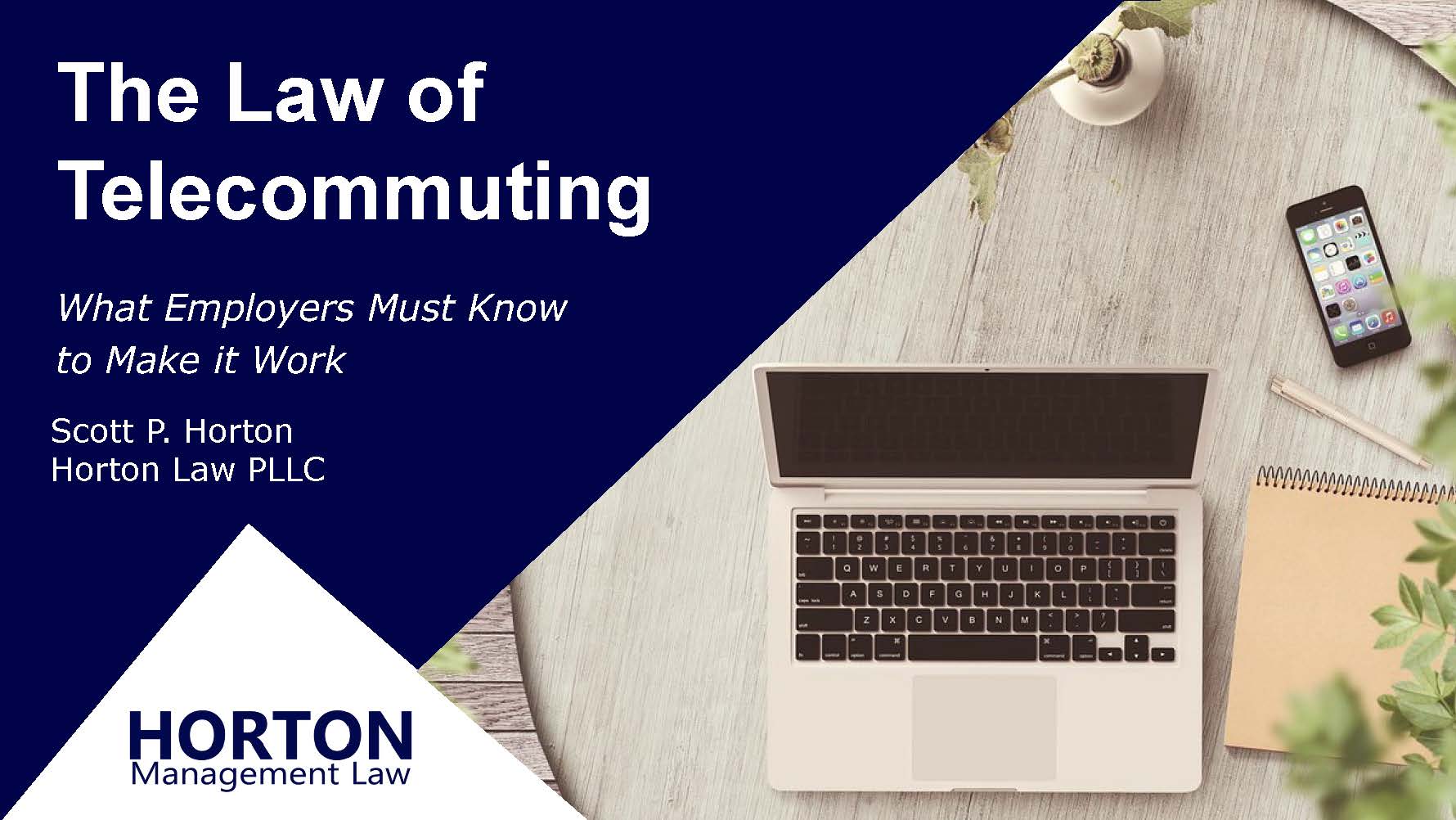The federal Family and Medical Leave Act (FMLA) affords some employees job-protected leave from work under qualifying circumstances. This includes up to 12 weeks of leave per year for the employee’s own or certain family members’ serious health conditions, birth or adoption of a child, and military-related exigencies. As complex as the FMLA is for determining who is entitled to what leave, it’s no surprise there can be a lot of “paperwork” involved. This post looks at the FMLA recordkeeping requirements to help employers avoid compliance issues.
FMLA Recordkeeping Components
Covered employers who have eligible employees must maintain records showing:
- Basic payroll and identifying employee data
- Dates of FMLA by FMLA eligible employees
- When employees take FMLA leave for less than a full day, the hours of the leave
- Copies of employee leave notices furnished to the employee under the FMLA (may be maintained in personnel files)
- Any documents describing employee benefits or employer policies and practices regarding the taking of paid and unpaid leaves
- Premium payments of employee benefits
- Records of any disputes between the employer and an eligible employee regarding designation of leave as FMLA leave
Form of FMLA Records
The FMLA does not require employers to use any specific format or organization method in satisfying the FMLA recordkeeping requirements. Except, employers must maintain any records relating to medical certifications or medical history pertaining to FMLA leaves as confidential medical records in separate files from the regular personnel files. Such records might also be subject to confidentiality requirements under the Americans with Disabilities Act (ADA).
FMLA recordkeeping can be electronic rather than in paper form.
Employers must retain the necessary records for at least three years and make them available for inspection, copying, and transcription by the U.S. Department of Labor upon request.
U.S. Department of Labor Involvement
Employers don’t have to submit their FMLA recordkeeping documents to the DOL or any governmental agencies as a matter of course.
The DOL may request to review an employer’s FMLA records up to once a year. Or more often if the DOL has reasonable cause to believe a violation of the FMLA exists or it is investigating a complaint. In fact, the DOL does not usually seek these records unless an employee has filed a complaint.
Audit Your FMLA Records
The FMLA has been around for 25 years. Most covered employers are familiar with it to some extent, but, honestly, few have yet mastered it. It’s one thing to address leave requests on a case-by-case basis. But it’s even harder to remember all the administrative nuances.
FMLA recordkeeping is probably an afterthought in most organizations. And, admittedly, few employers will suffer consequences from occasional recordkeeping mistakes. But the ones who do face scrutiny will wish they had been proactive in reviewing and updating their compliance in this area.
To receive updates about employment law topics of interest to employers and notification of our free webinars, click here to sign up for the Horton Law email newsletter.


